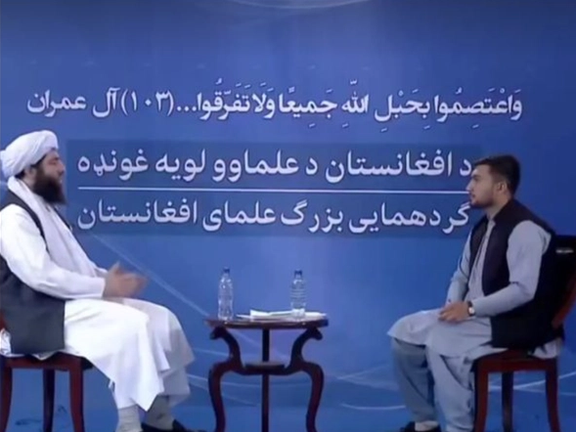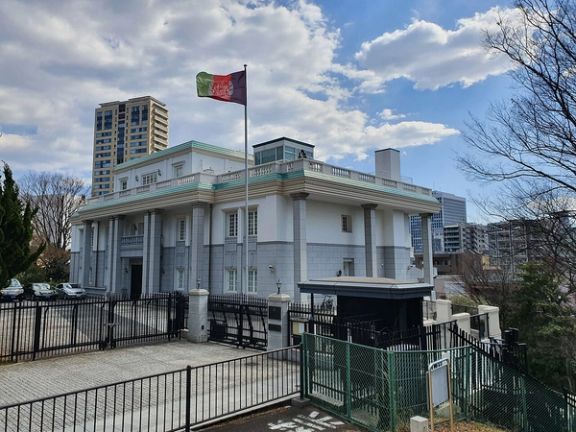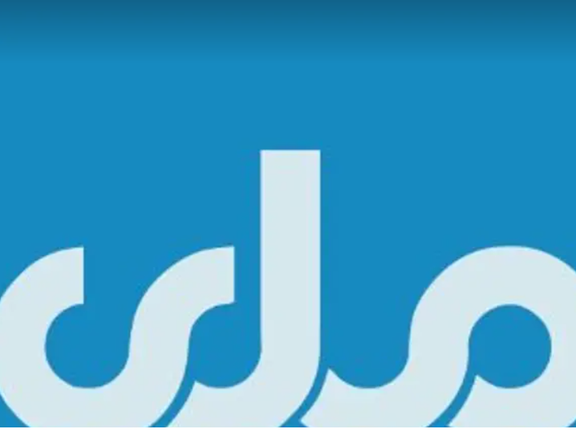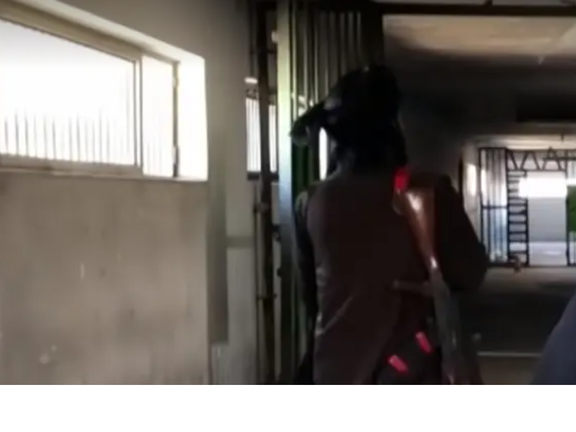Detailing the findings, UNAMA’s scathing report on Wednesday stated that many of the directives issued by these two bodies limit the human rights and freedoms of Afghans, in particular women and girls.
The report also stated that officials of the GDI have been involved in perpetrating human rights violations against individuals in their custody, including extrajudicial killings, torture, and ill-treatment, as well as arbitrary arrests and detentions. The report recounted 217 instances of cruel, inhuman and degrading punishments carried out by the Taliban since 15 August 2021 and 118 instances of excessive use of force by the group between 15 August 2021 and 15 June 2022.
UNAMA stated that the Taliban must investigate these violations, perpetrators held accountable, and ultimately, incidents should be prevented from reoccurring in the future. “It is beyond time for all Afghans to be able to live in peace and rebuild their lives after 20 years of armed conflict. Our monitoring reveals that despite the improved security situation since 15 August, the people of Afghanistan, in particular women and girls, are deprived of the full enjoyment of their human rights,” said Markus Potzel, Acting Secretary-General’s Special Representative for Afghanistan.
The report also detailed extrajudicial killings of individuals accused of affiliation with armed groups, as well as cruel, inhuman, and degrading punishments and extrajudicial killings of individuals accused of “moral” crimes and the excessive use of force by Taliban officials. At least 160 extrajudicial killings, 178 arbitrary arrests and detentions of former ANDSF and government have been reported despite the announcement of a general amnesty by the Taliban.
At least 18 extrajudicial killings, 54 instances of torture and ill-treatment and 113 instances of arbitrary arrest and detention have been reported of individuals accused of affiliation with self-identified “National Resistance Front”, stated UNAMA.
The report added that the erosion of women’s rights has been one of the most notable aspects of the Taliban to date. Since 15 August, women and girls have progressively had their rights to fully participate in education, the workplace and other aspects of public and daily life restricted and in many cases completely taken away.
“The education and participation of women and girls in public life is fundamental to any modern society. The relegation of women and girls to the home denies Afghanistan the benefit of the significant contributions they have to offer. Education for all is not only a basic human right, it is the key to progress and development of a nation,” said the UN envoy.
On the issues of freedom of speech, the report said that in the 10 months since the Taliban took control of Afghanistan, the group has limited dissent by cracking down on protests and curbing media freedoms, including the arbitrary arrest of journalists, protestors and civil society activists and the issuing of restrictions on media outlets. Human rights violations also affected 173 journalists and media workers, 163 of which were attributed to the Taliban, stated the UNAMA report.
The report also said that despite an overall, significant reduction in armed violence, between mid-August 2021 and mid-June 2022, UNAMA recorded 2106 civilian casualties (700 killed, 1406 wounded). The majority of civilian casualties were attributed to targeted attacks by the armed group self-identified “Islamic State in Iraq and the Levant – Khorasan Province” against ethnic and religious minority communities in places where they go to school, worship and go about their daily lives.
UNAMA stated that the human rights situation has been exacerbated by a nationwide economic, financial and humanitarian crisis of unprecedented scale. It called on the international community to continue its support for the people of Afghanistan by ensuring that urgent humanitarian and basic needs are met. Further, it stated that the international community has an obligation to ensure that sanctions, while they remain in place, do not have a negative impact on human rights.






